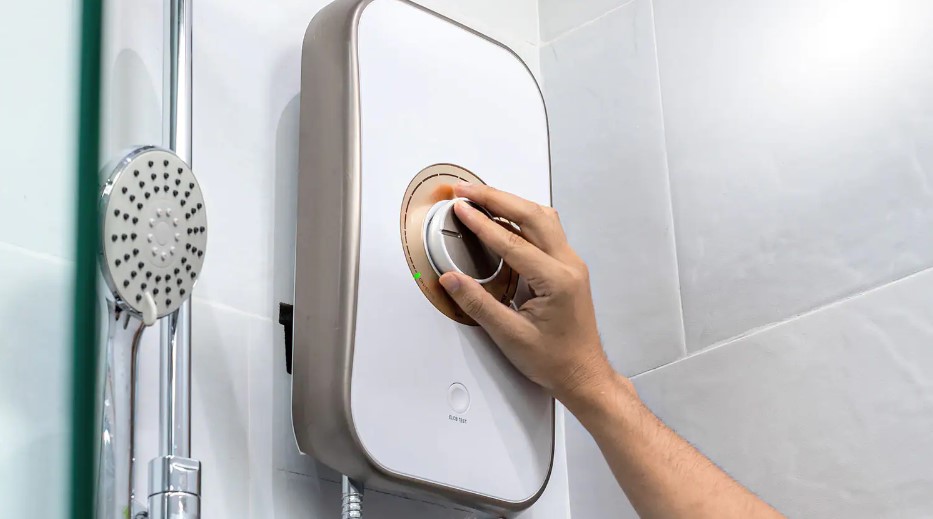
Depending on the type of home you have and the climate where you live, you should have different kinds of water heaters in your home. These types of heaters include on-demand storage tanks and heat pump water heaters. There are many other options that you can choose from, and it can take time to figure out which water heater is right for you.
Storage Tank
Increasing the temperature of the water stored in a storage tank increases the amount of hot water available. It also increases the energy storage capacity of the product. A proportional increase in the on-time performance of the heating element accompanies this increase in energy storage.
The Department of Energy (DOE) proposes a new test method and additional testing requirements for storage-type water heaters that can overheat. These new requirements would allow for representations at certain test conditions and provide instructions for testing water heaters with higher storage temperatures than their delivery setpoint.
The DOE proposed a new test method to determine the internal temperature of water heaters. The process uses the average inlet and outlet water temperatures to estimate the tank’s internal temperature. The tank temperature is then compared to the outlet temperature during the second draw of a 24-hour simulated use test. This test method is similar to the ENERGY STAR Connected Test Method.
On-demand
Unlike traditional tanked water heaters, on-demand water heaters heat water on demand rather than storing it in a large water tank. This allows for better energy efficiency, reduced greenhouse gas emissions, and an instantaneous flow of hot water.
Tankless water heaters are relatively compact, making them ideal for homes with limited space and most residential water heaters San Francisco CA may convenient in using this kind of water heaters. They are also safer and more energy efficient than traditional tanked water heaters.
While the upfront cost of installing an on-demand hot water system may seem high, you’ll likely recoup that investment much faster than you would with a tank water heater. A properly installed tankless water heater can last for up to 20 years. Depending on the size of your home, you may need to make additional wiring or piping upgrades to ensure that it provides adequate hot water for your needs.
Heat Pump
Using heat pump water heaters can be a great way to reduce energy costs. Not only do they save money, but they can also reduce greenhouse gas emissions.
These types of water heaters are more efficient than conventional models. They use electricity to pump heat from the surrounding air and then transfer that heat into the water. This process is called reverse refrigeration. It is the same method used by refrigerators to cool the water inside.
If you are considering replacing your old water heater, you might wonder how to choose the right one. There are many high-efficiency models on the market, but you need to make sure you choose the right one for your needs. Condensing
Purchasing a condensing water heater can save you money on your energy bills and help the environment. These water heaters can sometimes be 15 percent more efficient than non-condensing units.
Condensing water heaters utilize a secondary process to extract heat from hot combustion products. The heat is transferred to the water via a heat exchanger. The hot flue gases are then cooled to form condensation. This condensation is then recycled back into the water supply.
Condensing water heaters can reduce water wastage by up to ten percent. These water heaters can be gas-powered, propane-powered, or electric-powered. They can also come with Wi-Fi and Amazon Alexa voice recognition.
In addition to being more energy-efficient, condensing water heaters can help to reduce harmful gases. Typically, gas-powered units release up to 20 percent of their flue gases into the outside atmosphere.
Tankless
Whether you’re considering replacing a traditional storage-tank water heater or want to upgrade to a more efficient model, it’s essential to know exactly what to look for. An excellent tankless water heater is easier to find than it may sound. It can make your home more energy efficient and reduce your water bill by up to 50%.
There are several different tankless water heaters, including gas and electric. Some models are designed to provide hot water at every faucet. Others can be installed to serve a single tap. Depending on your needs, you may want a whole-house tankless water heater, which can provide a steady hot water supply to your home.
